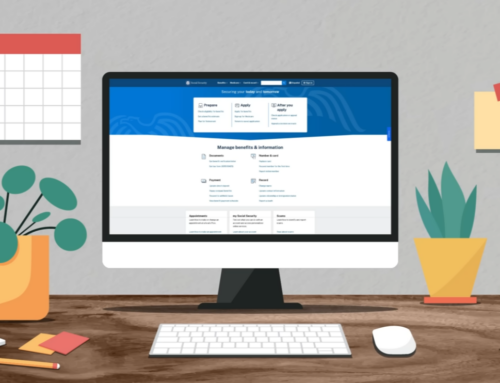
There’s a well-known saying: “Nothing is certain except death and taxes.” But what’s often left out is how closely those two concepts can intersect—especially when it comes to your legacy.
Many people spend a lifetime building wealth to leave something meaningful behind. But without a thoughtful plan, more of that wealth could go toward taxes, legal fees, and probate costs than your heirs may expect. The good news? With proactive planning, it may be possible to reduce the impact of taxes and help ensure more of your assets go where you intended.
The Surprising Role of Taxes in Wealth Transfer
Some families may not realize how much tax can come into play when passing assets down. For example, traditional retirement accounts like 401(k)s or IRAs are typically funded with pre-tax dollars. That means when heirs inherit them, those funds are usually considered taxable income upon withdrawal—potentially leading to a significant tax bill if taken as a lump sum or over a short time frame.
Additionally, beneficiaries must now navigate newer rules from the SECURE Act, which generally require inherited IRAs to be withdrawn within 10 years (with some exceptions), potentially accelerating the tax impact depending on their income situation.
On the other hand, non-retirement assets—such as real estate or brokerage accounts—can sometimes qualify for a “step-up” in cost basis. This means the value of the asset is adjusted to its fair market value at the date of death, potentially reducing capital gains tax if it’s sold shortly after. But these rules are complex, and proposed legislation could change how step-up rules apply in the future.
Strategies to Help Reduce the Tax Burden
There’s no one-size-fits-all solution, but a few planning techniques may help:
- Roth Conversions: Gradually converting pre-tax retirement assets to Roth accounts during your lifetime may help reduce the taxable burden on heirs later since qualified Roth withdrawals are tax-free.
- Trusts: Certain types of trusts can help control how and when assets are distributed to heirs. They may also help avoid probate and provide privacy. However, trusts have their own tax rules, so professional guidance is critical.
- Charitable Giving: Gifting a portion of your estate to a qualified charity could potentially reduce the taxable value of your estate and support causes you care about.
- Gifting During Your Lifetime: Annual gifting to children or grandchildren, within IRS limits, can be a way to reduce your estate over time while seeing the impact of your generosity firsthand.
Start the Conversation Now
Estate and tax laws change, and every family’s situation is different. That’s why it can help to work with a financial professional and estate attorney who understands your goals and can help tailor a strategy to your needs.
A well-thought-out estate plan isn’t just about asset distribution—it’s about protecting the people you care about. Taking time now to understand your options may help your loved ones avoid confusion, delay, and unnecessary tax burdens in the future. Click HERE to reach out to one of our professionals at Zinnia Wealth Management today for a complimentary review of your finances.
https://www.nerdwallet.com/article/taxes/estate-tax
This information is provided as general information and is not intended to be specific financial guidance. Before you make any decisions regarding your personal financial situation, you should consult a financial or tax professional to discuss your individual circumstances and objectives.
SWG 4593417-0625






